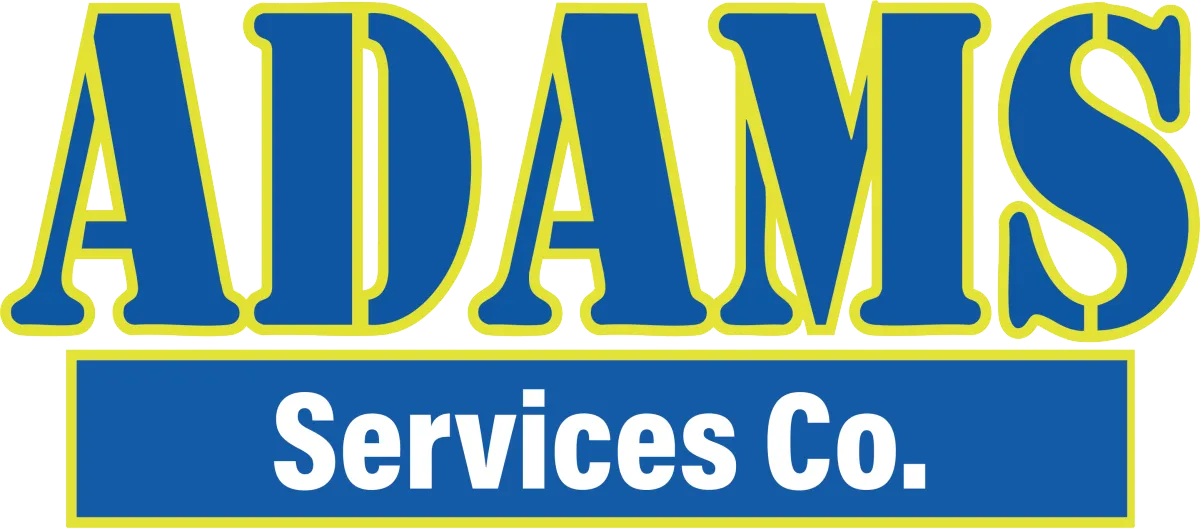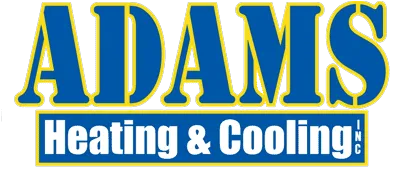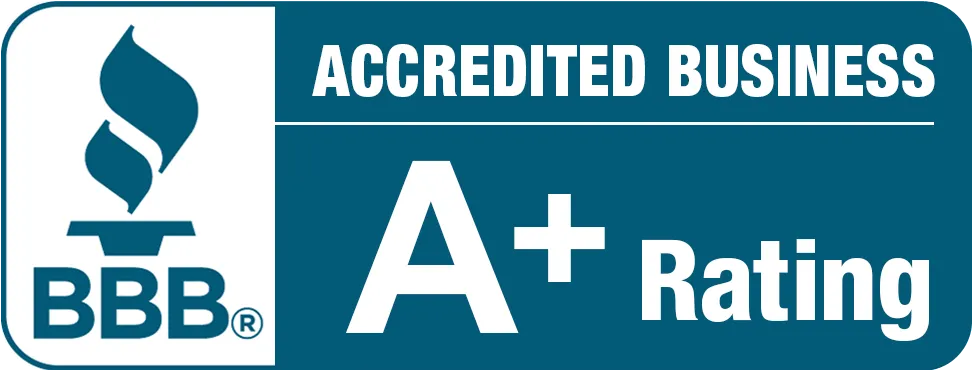Adams Heating & Cooling
HVAC Experts You Can Trust
Serving Tuscaloosa, AL, Birmingham, AL, and surrounding areas since 1982
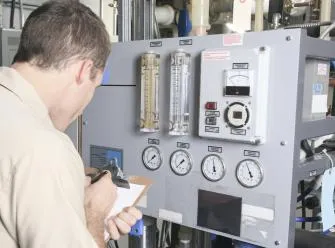
How to Cut Costs and Lower Bills with Energy Audits

Soaring utility bills are a common headache, regardless of your location or lifestyle.
Every month, the same frustrating question arises: "How did I possibly use that much gas and electricity?" It's tempting to blame the utility companies for inflated prices and questionable charges, but the root of the problem might lie closer to home.
Outdated or poorly maintained HVAC systems are notorious energy guzzlers. These units can significantly increase your monthly expenses without you even realizing it.
To pinpoint the exact cause of your sky-high bills, consider scheduling an energy audit. This professional assessment can identify areas of inefficiency, including problems with your HVAC equipment.
Implementing regular HVAC maintenance plans is essential for optimizing system performance and reducing energy consumption. By investing in routine care, you can extend the life of your equipment, improve indoor air quality, and, most importantly, lower your utility bills.
Don't let sky-high energy costs stress you out. Take control of your utility bills by prioritizing HVAC maintenance and considering a professional energy audit.
What is an Energy Audit?
An energy audit is a comprehensive assessment of the energy needs and consumption patterns of a building or residence. It helps determine whether your equipment is performing efficiently or if there are areas where energy is being wasted. Here’s an in-depth look at what gets checked during an energy audit:
1. Identifying Air Leaks
Doors, windows, and outside walls are prime suspects for air leaks. During the summer, these leaks can undermine your AC’s efficiency, forcing it to work harder to cool your home. In the winter, these same leaks can let out the heat, essentially causing you to pay to heat the outdoors. Auditors use tools like blower doors to detect these leaks accurately.
2. Checking Insulation
Proper insulation is crucial for maintaining a consistent indoor temperature. Without adequate insulation, you can lose a significant amount of heat in the winter and cool air in the summer through your walls and ceilings. Auditors assess the insulation in your attic, walls, and floors to ensure it meets recommended standards.
3. Evaluating Heating and Cooling Equipment
Outdated or inefficient heating and cooling systems can run overtime, consuming more energy than necessary. Auditors inspect your HVAC system to determine its age, condition, and efficiency. They might also check your thermostat to ensure it’s functioning correctly.
4. Analyzing Lighting
Traditional incandescent light bulbs and outdated light fixtures consume more energy compared to modern LED lighting. An energy audit will evaluate your current lighting and suggest upgrades that can save energy and reduce your electricity bills.
5. Inspecting Appliances
Older appliances, such as refrigerators, washing machines, and dryers, can be energy hogs. Auditors examine these appliances to see if they are operating efficiently or if newer, more energy-efficient models would be a better option.
6. Examining Ductwork
Leaks or gaps in your ductwork can lead to significant energy loss. During an energy audit, auditors inspect your duct system for any leaks or blockages that might be causing your heating and cooling systems to work harder than necessary.

The Benefits of Having an Energy Audit
Short-Term Advantages
Immediate Savings: One of the most immediate benefits of an energy audit is the potential for immediate cost savings. By identifying and addressing inefficiencies, you can reduce your energy consumption and lower your utility bills right away.
Improved Comfort: Fixing issues like air leaks and inadequate insulation can lead to a more comfortable living environment. You’ll experience fewer drafts and more consistent indoor temperatures.
Increased Property Value: Making energy-efficient upgrades as recommended by an audit can increase your property’s value. Prospective buyers are often willing to pay a premium for homes with lower energy costs and a smaller environmental footprint.
Long-Term Advantages
Extended Equipment Lifespan: By ensuring your HVAC system and other appliances are running efficiently, you can extend their lifespan, reducing the need for costly replacements.
Environmental Benefits: Reducing energy consumption not only saves money but also reduces your carbon footprint. Energy-efficient homes contribute to lower greenhouse gas emissions, benefiting the environment.
Health and Safety: An energy audit can identify potential safety issues, such as carbon monoxide leaks from faulty heating systems. Addressing these issues can protect your family’s health and safety.
Real-Life Examples and Case Studies
Example 1: The Johnson Family
The Johnson family lived in a 20-year-old home and faced high utility bills every month. After an energy audit, they discovered several air leaks around windows and doors, insufficient attic insulation, and an outdated furnace. By sealing the leaks, adding insulation, and replacing the furnace, they reduced their energy bills by 30% and experienced a more comfortable home environment year-round.
Example 2: Small Business Owner
A small business owner running a retail store noticed rising energy costs. An energy audit revealed that their HVAC system was outdated and their lighting was inefficient. By upgrading to a more efficient HVAC system and switching to LED lighting, the business reduced its energy consumption by 25%, leading to significant cost savings and a more inviting store atmosphere.

Addressing Common Misconceptions
Misconception 1: Energy Audits Are Expensive
While there is a cost associated with professional energy audits, many utility companies offer rebates or discounts for these services. Additionally, the savings from reduced energy bills often offset the initial cost of the audit and any recommended upgrades.
Misconception 2: Energy Audits Are Only for Older Homes
Even newer homes can benefit from an energy audit. Construction flaws or improper installation of systems can lead to inefficiencies. An energy audit can identify these issues early, preventing higher costs down the line.
Misconception 3: DIY Audits Are Just as Effective
While you can perform a basic energy audit yourself, a professional audit is far more comprehensive. Professional auditors have specialized tools and expertise to detect issues that might be missed in a DIY audit.
The Importance of Regular Energy Audits
Energy efficiency isn’t a one-time fix; it’s an ongoing process. Regular energy audits help ensure your home remains efficient over time. As your home ages and new technologies become available, periodic audits can identify new opportunities for savings and efficiency improvements.
Where Can I Get One?
You can conduct a basic energy audit yourself or hire an expert. Professional auditors use a wide range of equipment and processes to determine the efficiency of your home and provide personalized recommendations for improvement. Tools like infrared cameras and blower doors allow them to pinpoint areas of energy loss accurately.
We offer a free energy audit service, providing you with a detailed report and actionable steps to improve your home’s energy efficiency.
Bottom Line
An energy audit is a valuable tool for homeowners and businesses alike. It not only identifies areas where energy is being wasted but also provides practical solutions to reduce consumption, save money, and improve comfort. By understanding what an energy audit entails, the benefits it offers, and addressing common misconceptions, you can make informed decisions about your energy use and efficiency. Regular energy audits are a key part of maintaining an energy-efficient home, ensuring you reap the benefits of lower utility bills and a more sustainable lifestyle.
Is your HVAC system running efficiently, or is it time for an upgrade? Dive into our latest blog post to find out! "6 Reasons to Update Your HVAC Unit" covers everything you need to know about enhancing comfort, saving energy, and boosting air quality in your home.

Tired of seeing those sky-high electric bills?
It's time to take control of your energy costs, and your HVAC system is a great place to start!
No more sweating over those monthly expenses!
Grab our FREE checklist to discover simple, yet effective, ways to lower your energy consumption and save money on your electric bill.
Inside this handy guide, you'll find:
Easy-to-follow tips to optimize your HVAC system's efficiency.
Common energy-wasting mistakes to avoid.
Actionable steps to make a real difference in your energy usage.
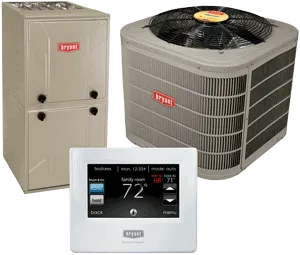
Free Estimates on Complete System Replacement
Call Now 205-339-6540
Office: 3415 Hargrove Road East,
Tuscaloosa, AL 35405
Office: 1236 Blue Ridge Blvd, Suite 111, Hoover, AL 35226
Call 205-339-6540
Call 205-606-4222
Email: [email protected]
